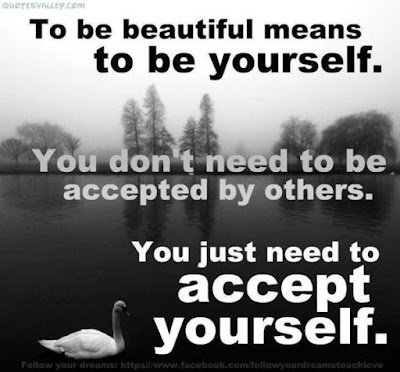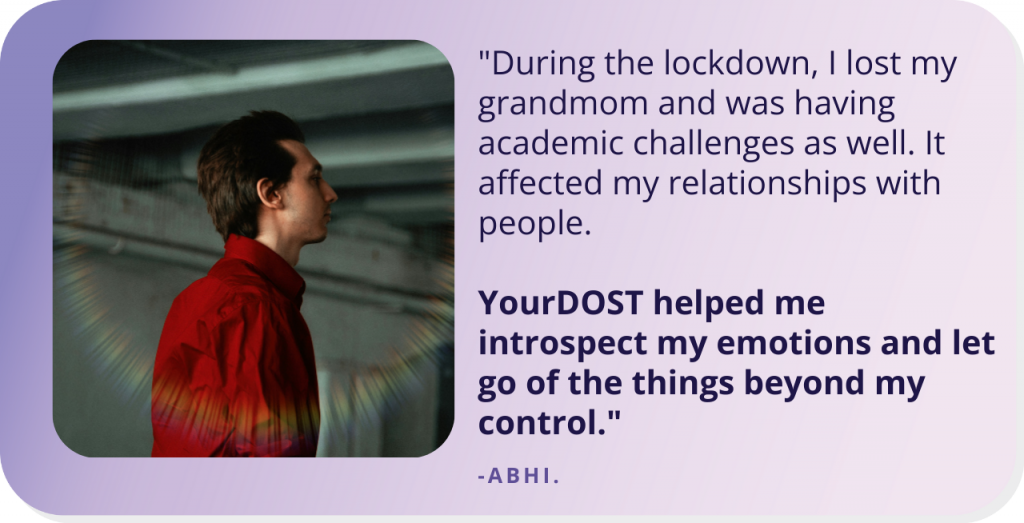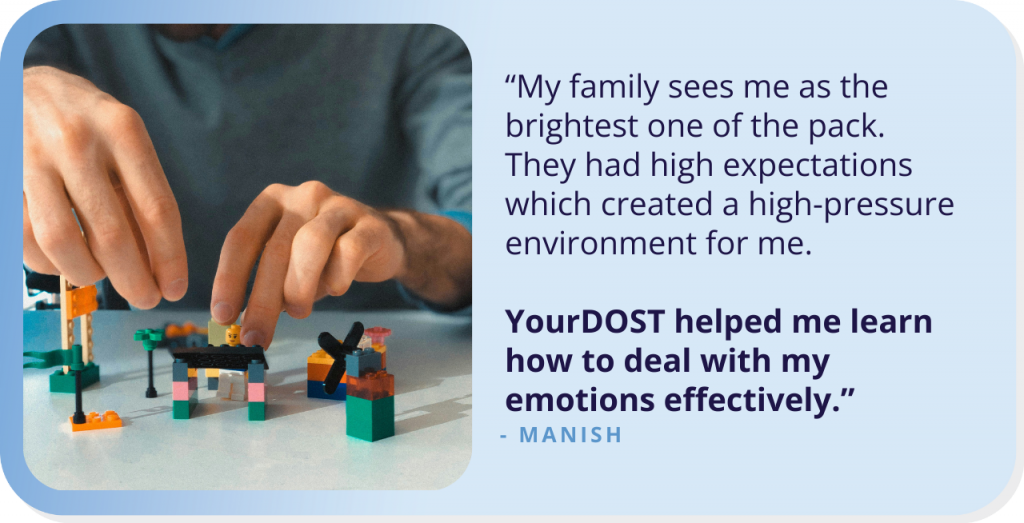Your Sexuality Is Not Your Identity
He was shivering in the cold. He was worried and unsure of what he ought to do. There he was lying somewhere on the footpath of Mumbai, in the middle of the night. The most shocking part was that he was only 14 years old. He had not eaten anything for the past few days. He hadn’t slept for the past few days. His body had given up and his limbs did not have the strength anymore to even stand up for a while. However, he felt relaxed and free from within. He was supposed to be crying, but tears did not want to escape his eyes. He was happy that he did not have to go to his school, where he would be teased and made fun of. He did not have to worry about what his father would rebuke him every single night after getting drunk. He did not have to see the dreadful image of his mother crying and weeping about her son’s fate. He no longer needed to hold on to the baggage of him being different.

Karan was a simple boy just like anyone else in his locality. However, people around him begged to disagree. He was only seven years old when one day he felt the urge to dress up like how his mother did. Little did he know that this tiny urge of his would leave behind a scar on him forever. His mother was out for work when he ran to the neighbor aunty wearing a bindhi and a salwar. She had then remarked, “Arey Karan! When did you turn into a hijira?” and laughed mockingly. Karan did not then know what it meant to be a hijira. His innocence was such that, he did not even know if aunty was mocking him or appreciating him. In the evening when his mother returned from work he ran to her excited and had said, “Aaiy, today moushi said I had turned into a hijra.” His mother could do nothing but give him a tight slap.
Karan later that evening cried, not known what to do. His mother later explained to him what a hijira was. Yes, he now knew what a hijira was, but what he remained confused was about his own identity. This identity crisis had made him feel alone. That day, he started to change. A change which made everyone around him feel that he was different. Everyone around him criticized him and teased him. Some would call him chakka and others, sixer. This had made him believe that he was indeed different. He had started to feel that there is certainly something abnormal about him. Maybe, like one of his friends had remarked, he had a disease.
All of this took another sudden turn when he had one day felt the urge to kiss a boy. Maybe things were becoming clearer. He was a homosexual. Like always, one day his classmate was trying to tease him and he decided to revolt against it by kissing him. This is for the first time he had felt something was right. Maybe now things seemed better than ever before. However, he did not have a clue that the very thing that gave him a sense of freedom would change his life forever.
The next day his parents were called to meet the principal. He was right there in the Principal’s cabin where his mother cried while his father slapped him left and right. If that was not enough his principal canned him and the other boy’s father threatened of reporting about him to the police. All of them had asked just one question or maybe it was kind of a final verdict, “If you don’t stop behaving abnormally, then you will be kicked out of all our lives. Will you change?”
Karan did not have an answer. How could he? He himself had not truly understood his own identity, then how could he promise them that he would change? He kept silent as tears rolled down his cheeks. His silence led to him being rusticated from school and his parents had taken him directly to a local psychiatrist. The first thing the psychiatrist told his parents was that “Karan is suffering from a disease. He is abnormal. He has to be given shock treatment and you have to pray that this will cure him.”
It was terrible. His helpless cries of pain could be heard in the empty hallway of the hospital. He was being given treatment for a ‘disease’. After the shock therapy, the doctor, and his parents had left. This was the time his mind called out to him, “RUN. Escape from this”
He had walked away from there, even without realizing where he was going. He hadn’t found anything to eat, and there he was – the 14 years old Karan on the streets of Mumbai. He still had one question in his mind – ‘Am I abnormal? Don’t I deserve to live?’
However, this is not just a story of one Karan. Sadly it remains the story of hundreds of Karans, who don’t have the courage to listen to their inner self. Many who are still going through the torcher for a “disease” which is not. There are also some Karan’s who end up in the footpath but then later with nothing to do, end up begging in the streets or even selling their bodies for earning some money.
But wait! How can I be writing a story of Karan? Isn’t it against the so called Indian culture? Isn’t it against the religious sentiments of a few? Or even better it is also illegal to voice out the opinions of the “minuscule minority.” The only solution, let every other Karan suffer a disease that leads to nothing but “Identity Crisis”








